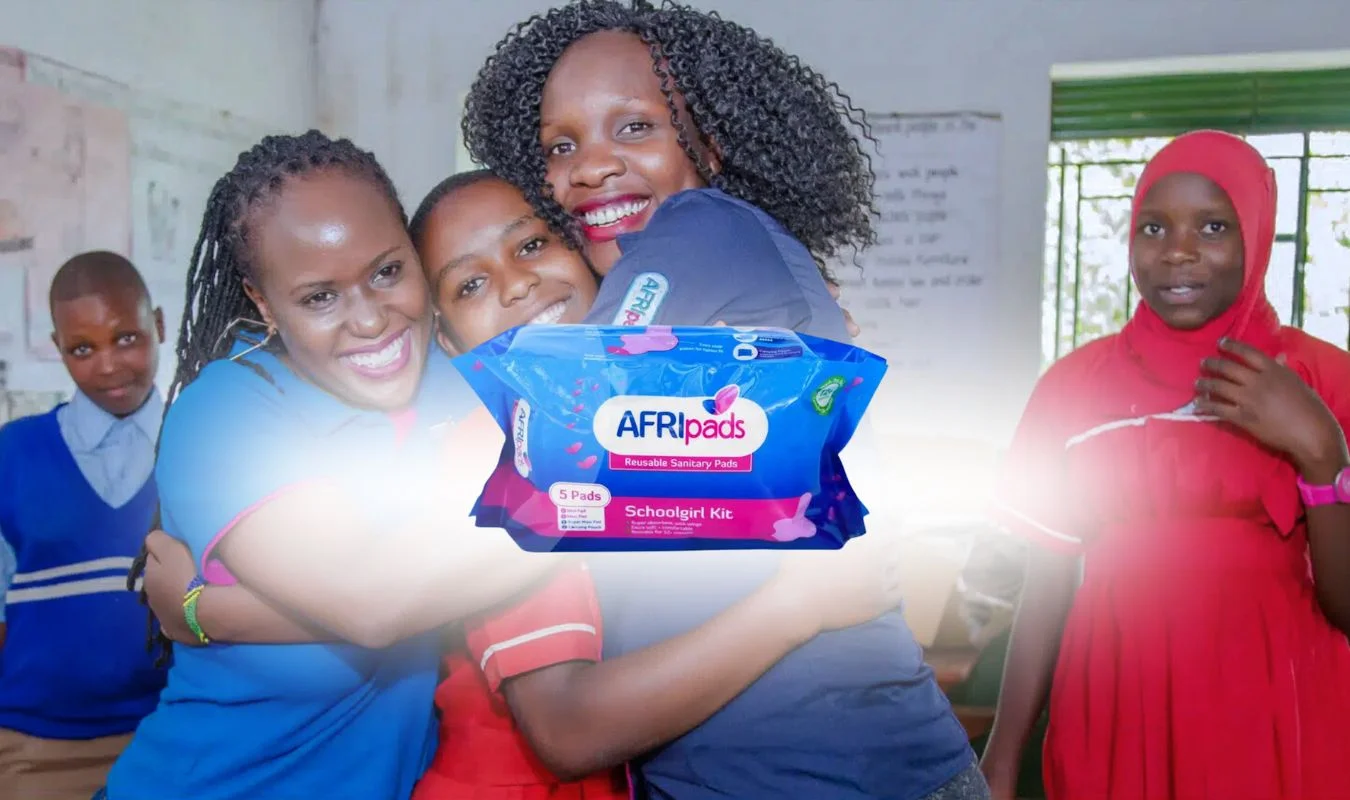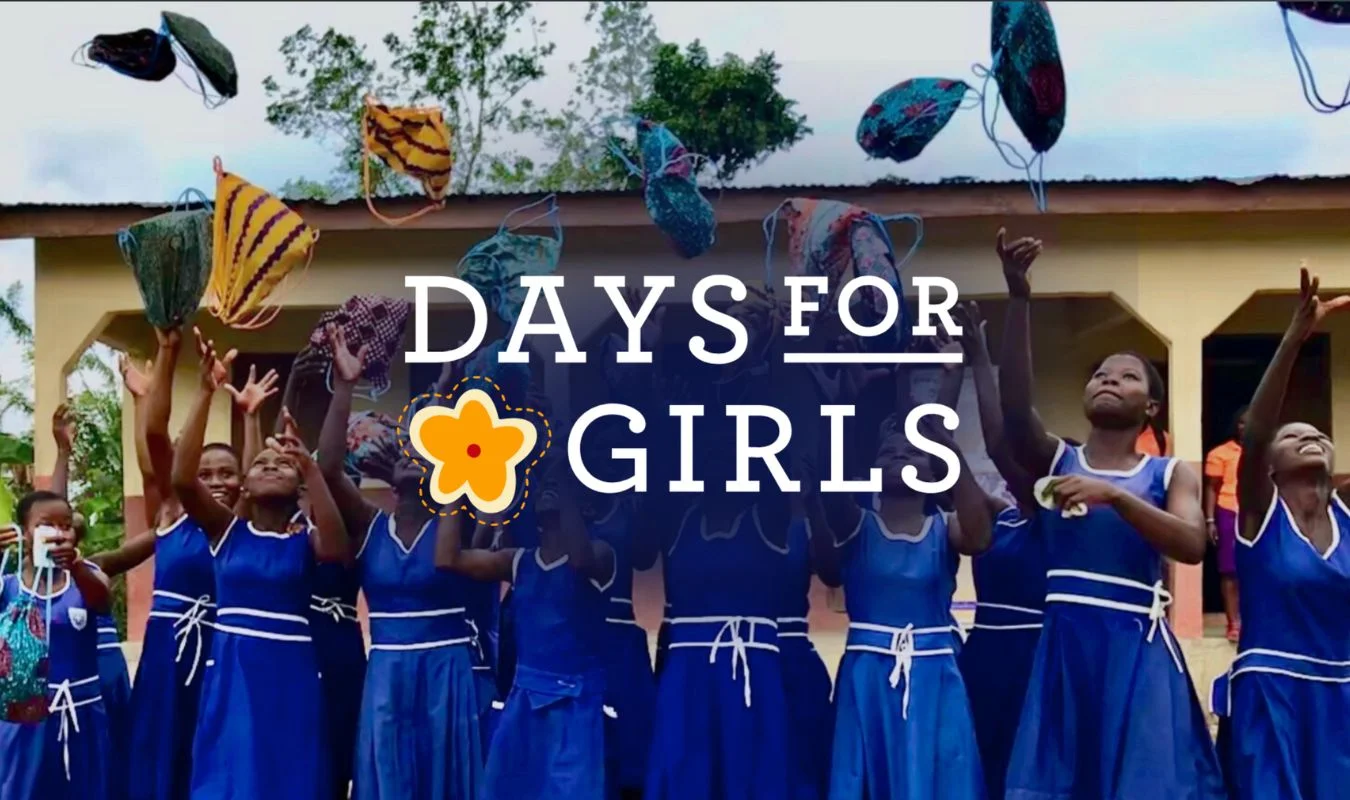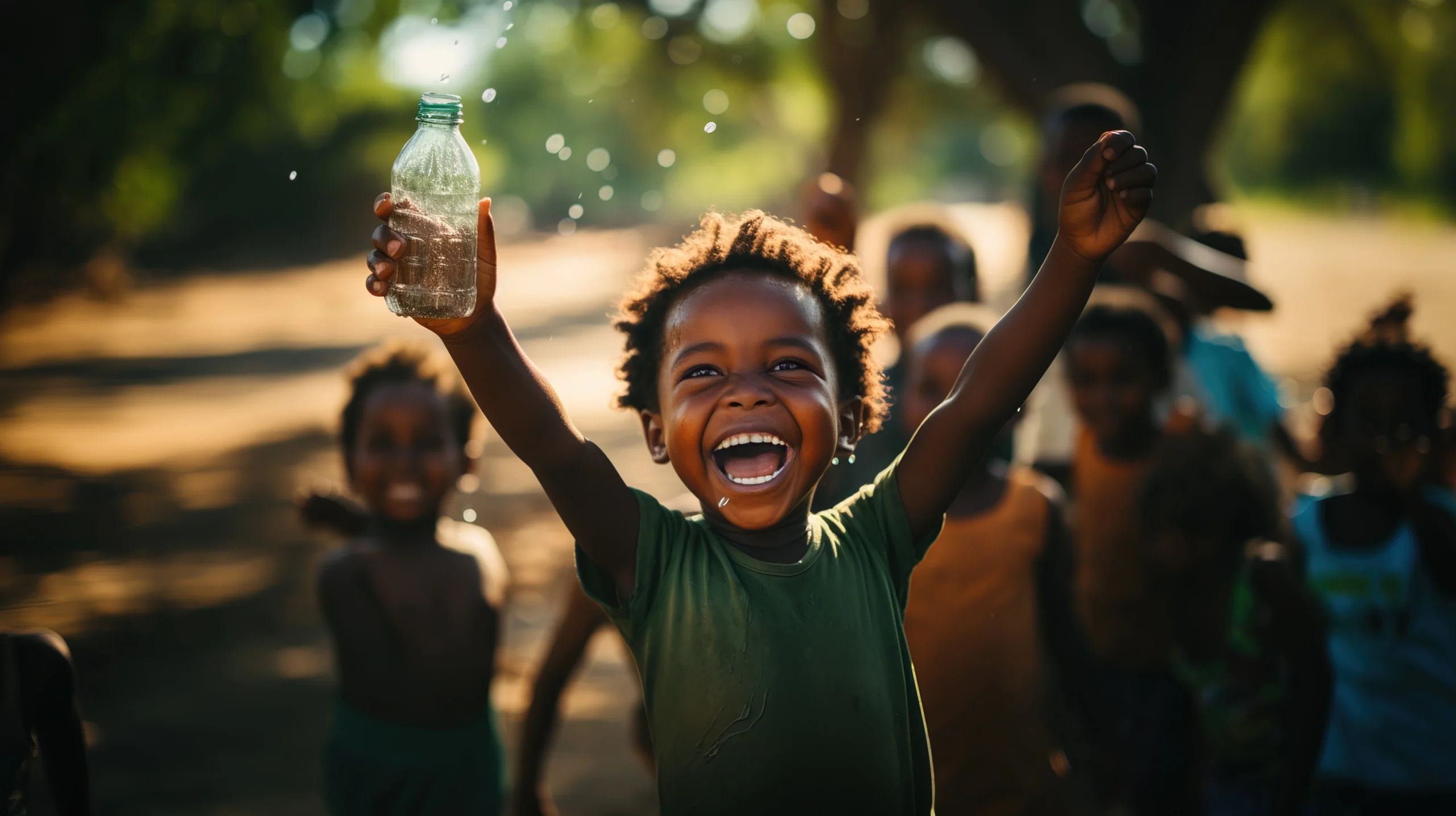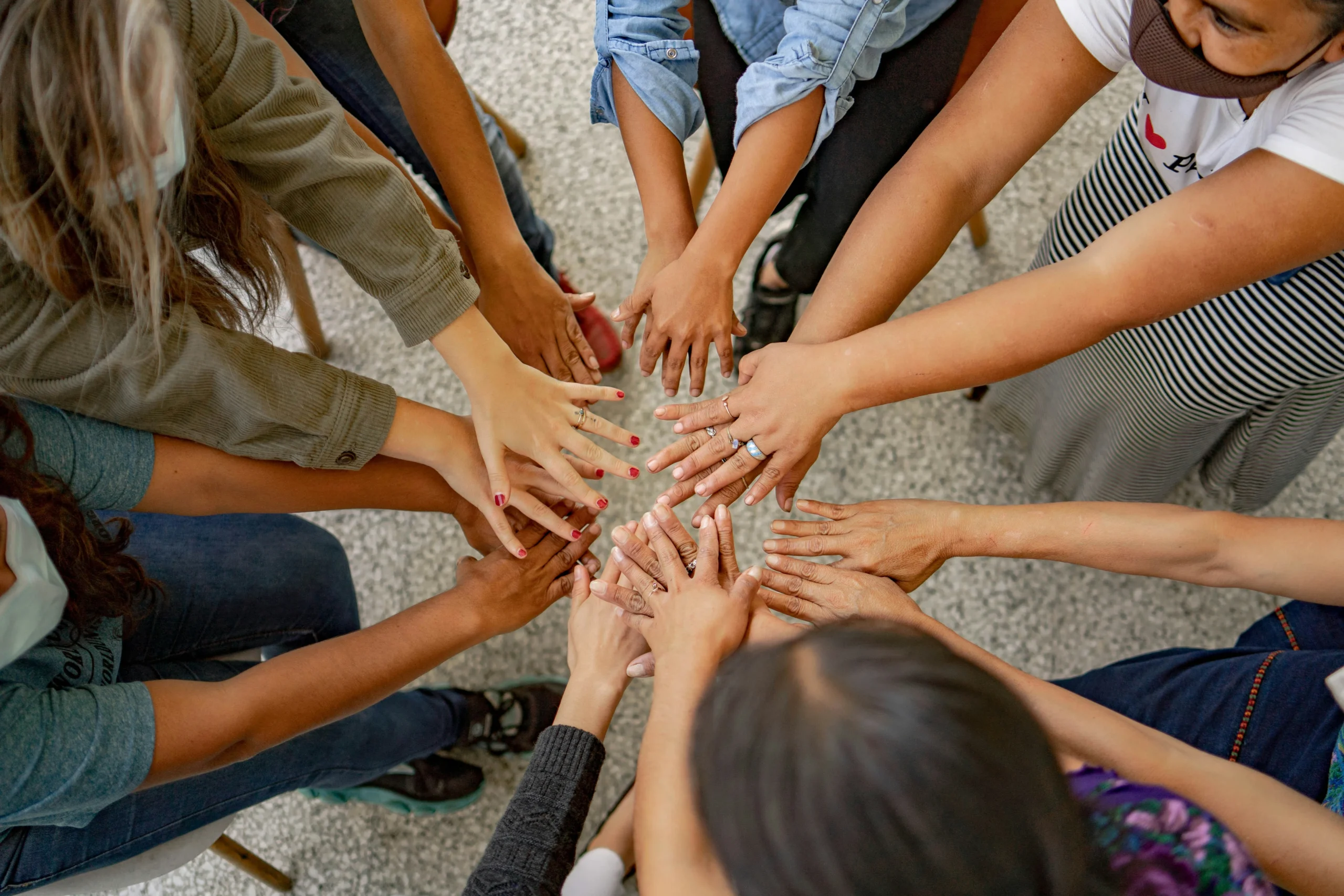World Refugee Day 2023
By Grace Obeda
This June 20th is World Refugee Day. This day serves to remind us of the incredible courage of refugees around the world and celebrate their unwavering strength in the face of challenges most of us could not even imagine. This day also sheds light on the scope of the refugee crisis and the millions of forcibly displaced persons worldwide.
What Makes Someone a Refugee?
You may have heard the term refugee or perhaps seen it used interchangeably with asylum-seeker, displaced person, migrant, or several other terms. However, when we use the term refugee, we’re referring to those who have fled their homes and their countries because they fear their lives are in danger. There are numerous reasons why people become refugees including political violence, crime, natural disasters, war, and religious or ethnic persecution.
Refugee Crises Around the World
To date, there are about 117 million refugees around the world today, about half of which are children. In 2019, about two-thirds of all refugees came from the same five countries– Syria, Venezuela, Afghanistan, South Sudan, and Myanmar. Then, Russia invaded the neighboring country of Ukraine, and over 8 million people, overwhelmingly women and children, found themselves as refugees. Those fleeing Ukraine fear invasion and war, while others seek shelter from civil war, economic strife, violent regime change, and other far-reaching issues.
Hope Away From Home
So where do refugees go? Turns out, developing countries host 85% of refugees. Lower and middle-income countries host more than double the number of refugees than high-income countries. However, the issue with this is that often, lower to middle-income countries lack the capabilities to handle such a large influx of refugees. Already poorly managed infrastructure can become stressed by this sudden increase in population. This can make it difficult for refugees to settle in a host country and begin their lives comfortably.

This year, the theme for World Refugee Day is Hope away from Home which aims to bring awareness to issues of inclusion that refugees face. They encounter unique challenges as a result of losing a place they call home. Even after a long journey, many still struggle to feel fully accepted into their communities and find dignity and purpose in their lives. Additionally, it’s very common for refugees to not settle in the first country that they seek asylum in. Sometimes their reason for fleeing spreads to the country they have first settled in, or they face economic hardship that forces them to move. Either way, finding and establishing this hope away from home can be a challenge for many.
Water and sanitation challenges for refugees
One of the challenges that refugees are presented with, is a lack of sanitation and hygiene services available to them. Whether this is on the journey to a potential host country, or in a refugee camp, it’s clear that basic WASH services are well below basic standards for many.

Water sources can be easily contaminated by bacteria and viruses when no proper toilets are available. This water, needed for cooking, drinking, and washing, can then cause disease and infections for many. Many refugee camps are also densely populated, with few sanitation and hygiene facilities shared between a large number of people, increasing the risk of human contamination to water. This also causes problems for many women and girls who struggle to overcome issues of crowding, privacy, and societal taboos when they are menstruating.
How Can we help refugees?
Access to clean water and proper hygiene services is life-changing, and can prevent hundreds of thousands of unnecessary cases of illness and death. But implementing this is easier said than done. What can help is portable technology that refugees can take with them wherever they go.
Water supply points can be too few and far between in camps, and bottled water is a luxury that many cannot afford. Additionally, hauling water is not feasible on long journeys. A lightweight and versatile water filter is a better solution for many refugees for their clean water needs. Refugee camps in Aden and Lehj, Yemen have used filter systems like the VF100.
The quality of life for many refugees can also be improved by using portable handwashing facilities and hygiene wipes. This also helps to stop the spread of disease and illness. Biodegradable and plastic-free cleaning cloths can also allow women and girls to feel comfortable when menstruating and provide every refugee with a sense of dignity and cleanliness.
These technologies are especially helpful when we remember that refugee camps are not meant to be permanent settlements, and many refugees living in cities are still traveling to their final destination or host country.
How you can help
To help refugees find hope away from home, we must empower them to feel dignified in their everyday lives. Access to vital resources like clean water, and proper sanitation and hygiene can help. Awareness is the first step toward action. Learn more about the refugee crisis, and encourage others to as well. Together we can help refugees improve their standards of living, and find a place they can call home.




